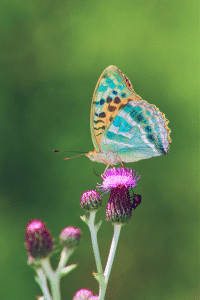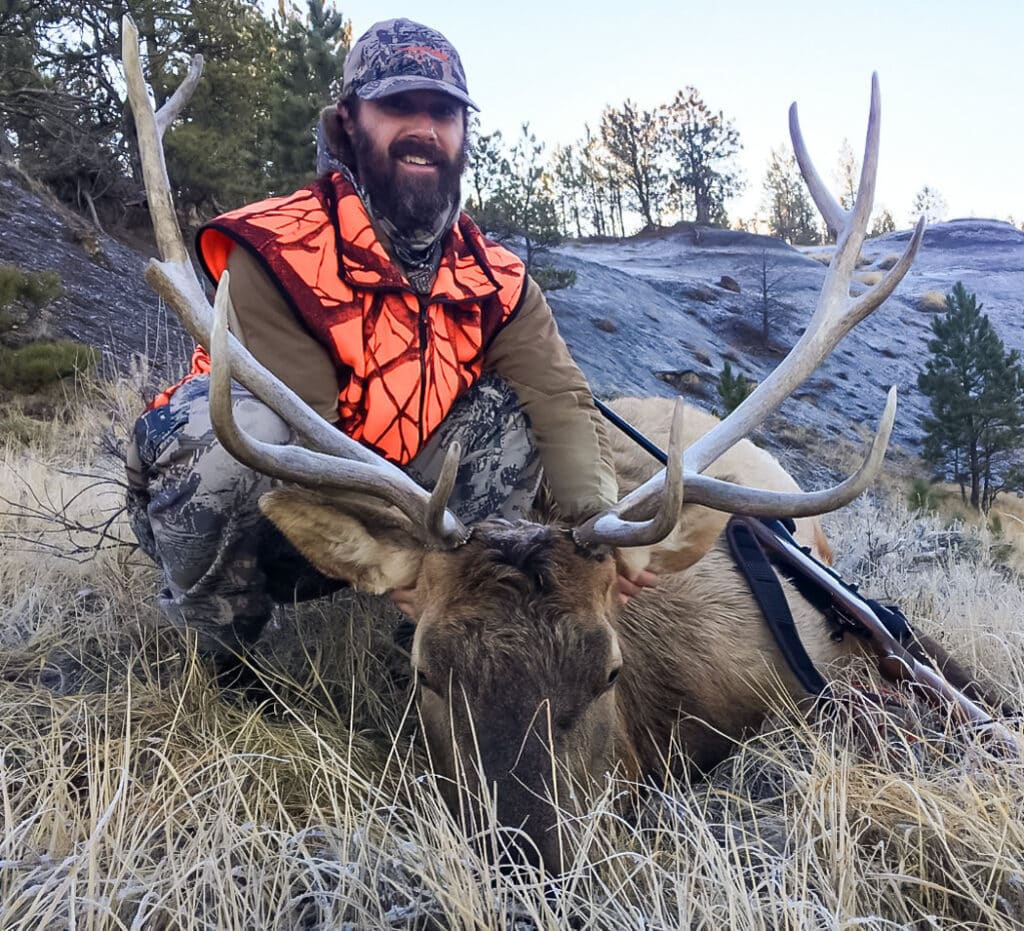
The Montana Wildlife Federation in Billings has partnered with the National Wildlife Federation in a project called Gardening for Wildlife. Gardening has been proven to reduce stress and anxiety and we can give you tips on how you can garden to also help wildlife. Gardening for Wildlife has a goal of creating wildlife-friendly gardens throughout the city of Billings in order to combat quickly deteriorating habitat worldwide.
Here are some examples of what you can do in your own yard and home:
- Start planning your garden and take the first steps!
- Start the process to remove your lawn to decrease your water use
- Build raised beds for edible gardens
- Edible gardens can be great for pollinators. Check out what edible foods you can plant to attract pollinators
- Need some guidance building raised beds?
- Too cold to start gardening outside? Start planting seeds for your summer garden indoors!
- To fair the cooler weather some seeds such as lettuce, broccoli, peppers, cabbage, winter squash, onions, tomatoes, eggplant, and many others should be planted inside before they are transferred to your home garden
- When you buy seed packets, check the back and it should let you know exactly how long each plant needs to be inside
- Use small containers such as egg cartons to start seeds for a few weeks or months before you transfer them outside
- If the seedlings grow too large for the egg cartons start moving them to larger pots. Last year’s pots you saved from the nursery or even coffee cans will work.
- To fair the cooler weather some seeds such as lettuce, broccoli, peppers, cabbage, winter squash, onions, tomatoes, eggplant, and many others should be planted inside before they are transferred to your home garden
- Make a butterfly sanctuary
- Start out by planting native plants, especially milkweed, and by making a puddling area with water sand and mud
- Start transitioning your yard to have more native plants
- Check if your garden meets the criteria to be a Certified Wildlife Habitat
- Food
- Water
- Cover
- Places to Raise Young
- Sustainable Practices
- Certify your garden!
Have kids at home and are looking for ways to entertain and teach them? Take a look at the National Wildlife Federation’s free education tools!
- Free Ranger Rick Digital magazines and content:
- Free access to the digital editions, activities, and resources of Ranger Rick are available through June.
- Parents working to educate and entertain their children while schools are closed also can access the monthly Ranger Rick Educator’s Guides and Ranger Rick Jr. Parent Reading Guides.
- Free Eco-Schools Curricula and Program:
- Free access to the full array of curricula, activities, and projects for the National Wildlife Federation’s Eco-Schools Program.
- The National Wildlife Federation’s 4th annual EcoCareers Conference will be held online on April 1-2. The virtual conference will connect students and young professionals with wildlife and sustainability careers, educate attendees about related credentials and academic offerings, and inform them about trends in these emerging and exciting fields.
- Plant and Wildlife Identification Apps
- Download the National Wildlife Federation’s new Nature Guides to learn more about the wildlife and plants you encounter on your hikes and outdoor adventures.

